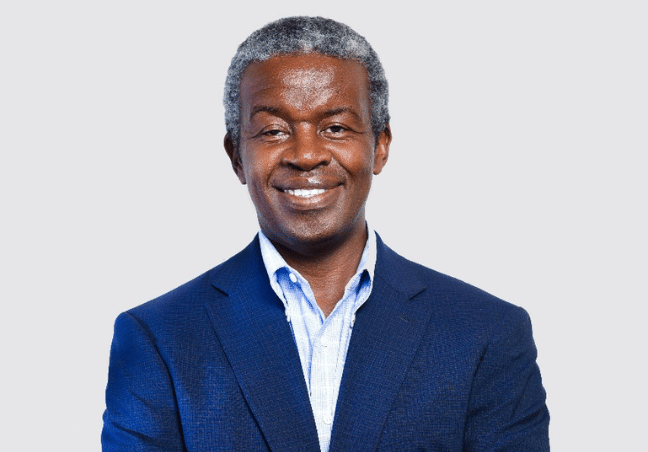- Renewables Rising
- Posts
- AfDB keeps capital flowing to Africa’s energy despite funding pressures
AfDB keeps capital flowing to Africa’s energy despite funding pressures
Dear subscriber, this is a prototype. Please help us with feedback and tips. Just press reply.
The African Development Bank is doubling down on its role as a key driver of energy sector reform across Africa, with the recent loan of $144 million to Niger aimed at reforming the country's energy sector laws. The Bank is also part of an initiative with the World Bank, aiming to connect 300 million people and update energy sector policies in at least a dozen countries. |
Niger is among the countries with the lowest electricity access, at just 20%, half of Africa’s average. It is part of the Mission 300 initiative, which gives it access to the program’s $40 billion funding pool for energy sector development.
Policy gaps remain a major barrier to attracting investment in Africa’s energy sector. Less than five countries currently have progressive policies that enable private sector participation across the energy supply chain, and Niger is not among them.
Our take: The AfDB could help enforce the continuity of reforms across political cycles through conditional lending to boost investor confidence… Read more (2 min)
Growthpoint, a real estate company, is making it possible for small businesses in South Africa to easily earn and trade Renewable Energy Certificates (RECs), digital proofs of renewable energy use, through blockchain technology. This opportunity was previously only available to big corporations. The launch of the platform marks a change. |
Until now, Africa’s participation in the RECs market has been limited. High costs, slow manual processes and opaque trading made it accessible to only the largest-scale projects.
This technology is expected to play a key role in securing and protecting export markets for South African companies, as they face the imminent implementation of the EU carbon tax on carbon-intensive products.
Our take: The question is how quickly one can scale these solutions to leave no consumer behind.… Read more (2 min)
Africa stands at the crossroads of climate ambition and development reality. Joseph Nganga believes that bold pledges mean little without affordable capital, systemic reform, and Africa-led ownership of solutions. With COP30 on the horizon, he calls for radical action to make finance fit Africa’s needs and empower nationally driven transitions. |
Joseph Ng’ang’a was CEO of the inaugural Africa Climate Summit two years ago and is now the Founder and CEO of Africa Climate and Energy Nexus (AfCEN), a platform that helps to connect governments, investors, and entrepreneurs to accelerate climate-positive growth across Africa.
Mr Nganga argues that the current global financial architecture is "obsolete" and unfit for a warming planet. He believes that climate and energy must be the foundation of development finance, not an afterthought, calling for financial models that democratise capital.
Click here to read the full opinion article… Read time (4 min)


A California delegation visits the REA’s 3 MW renewable energy project in Nigeria
Events
🗓️ Attend the Energy Forum For Africa (Sep 10)
🗓️ Participate in the ECOWAS Sustainable Energy Forum 2025 (Sep 18)
🗓️ Be at the African Energy Week: Invest in African Energies 2025 (Sep 29)
Jobs
👷🏽♂️ Join Engie as a Repair Technician (Kenya)
👨🏻💻 Become Scatec Solar’s IT Coordinator (South Africa)
👩🔬 Apply for KOKO Network’s Senior Researcher position (Rwanda)
Various
⚡ Africa's solar imports from China hit a record 15 GW
🔋 KenGen to help the nation of Eswatini explore its geothermal potential
🛠️ Wärtsilä Energy renews agreement with QIT Madagascar Minerals
Seen on LinkedIn
Frank Aswani, Chief Executive Officer at the African Venture Philanthropy Alliance, says, “With aid flows declining, Africa cannot afford to cling to outdated funding models. The path forward is clear: catalytic capital - investment that reduces risk, draws in private funding, and drives sustainable solutions to our continent’s greatest challenges.”


